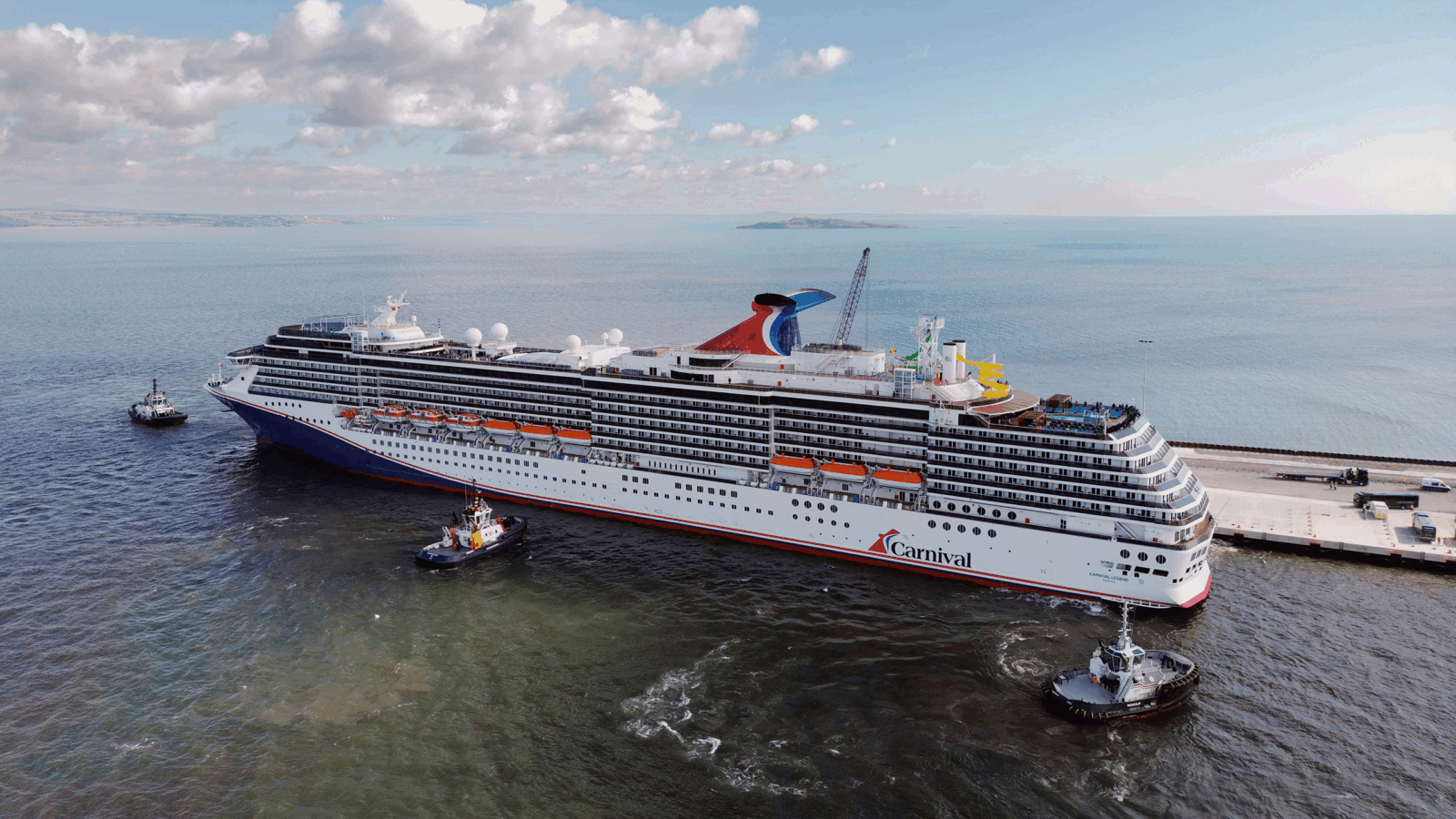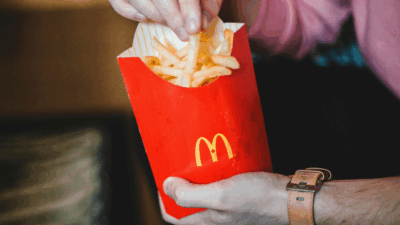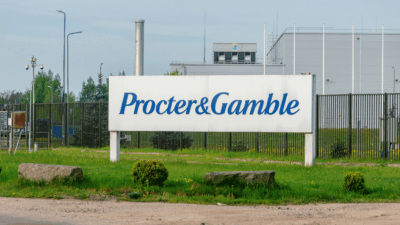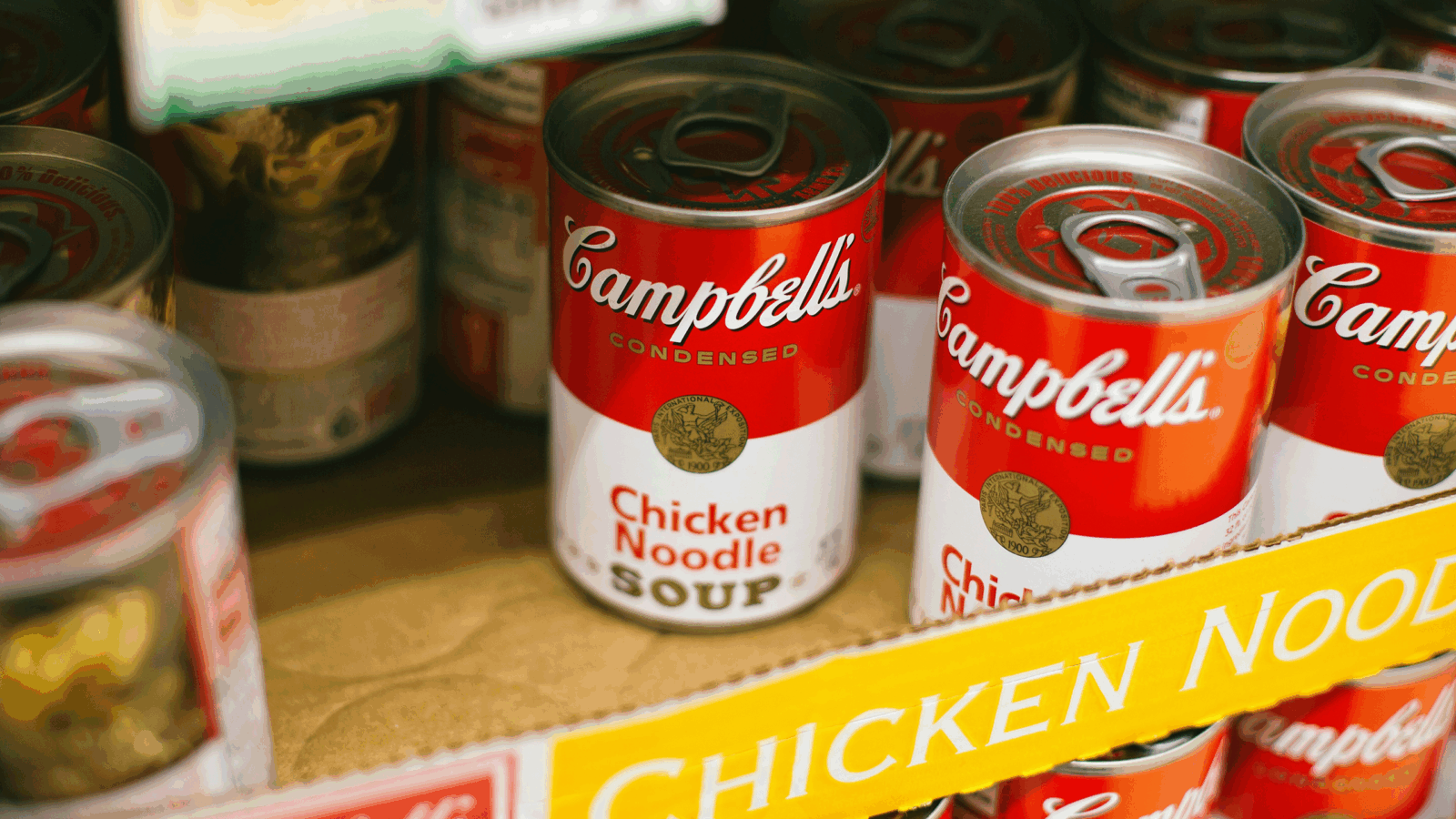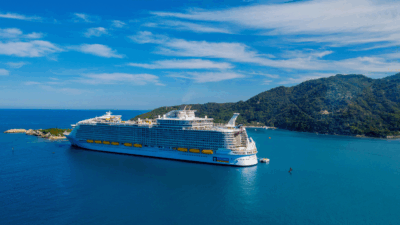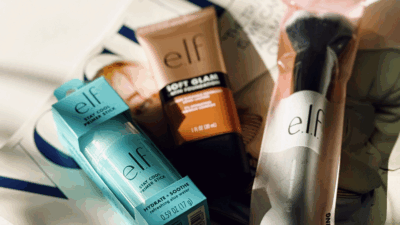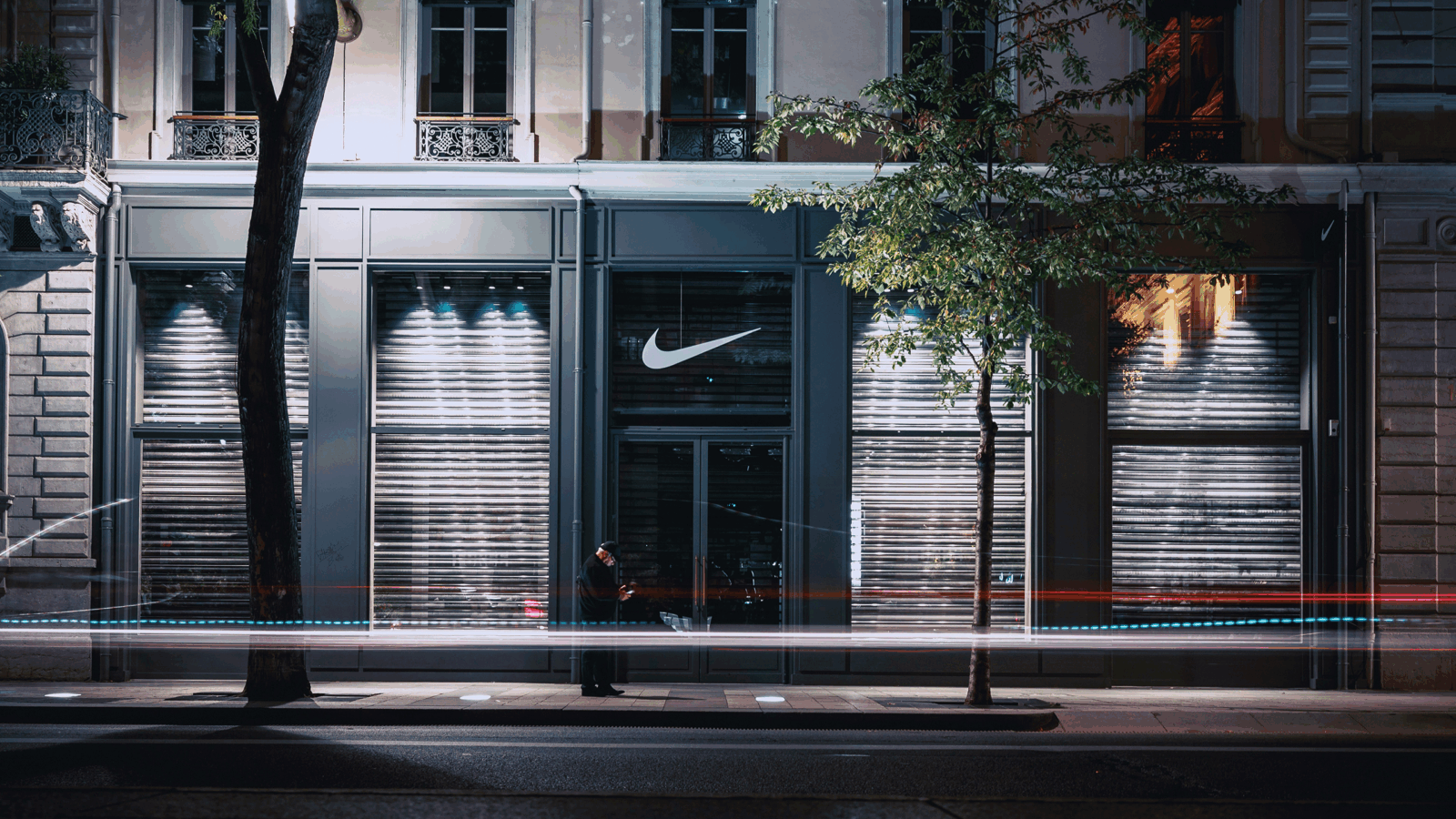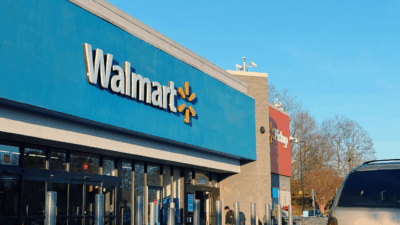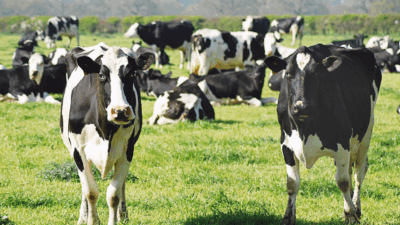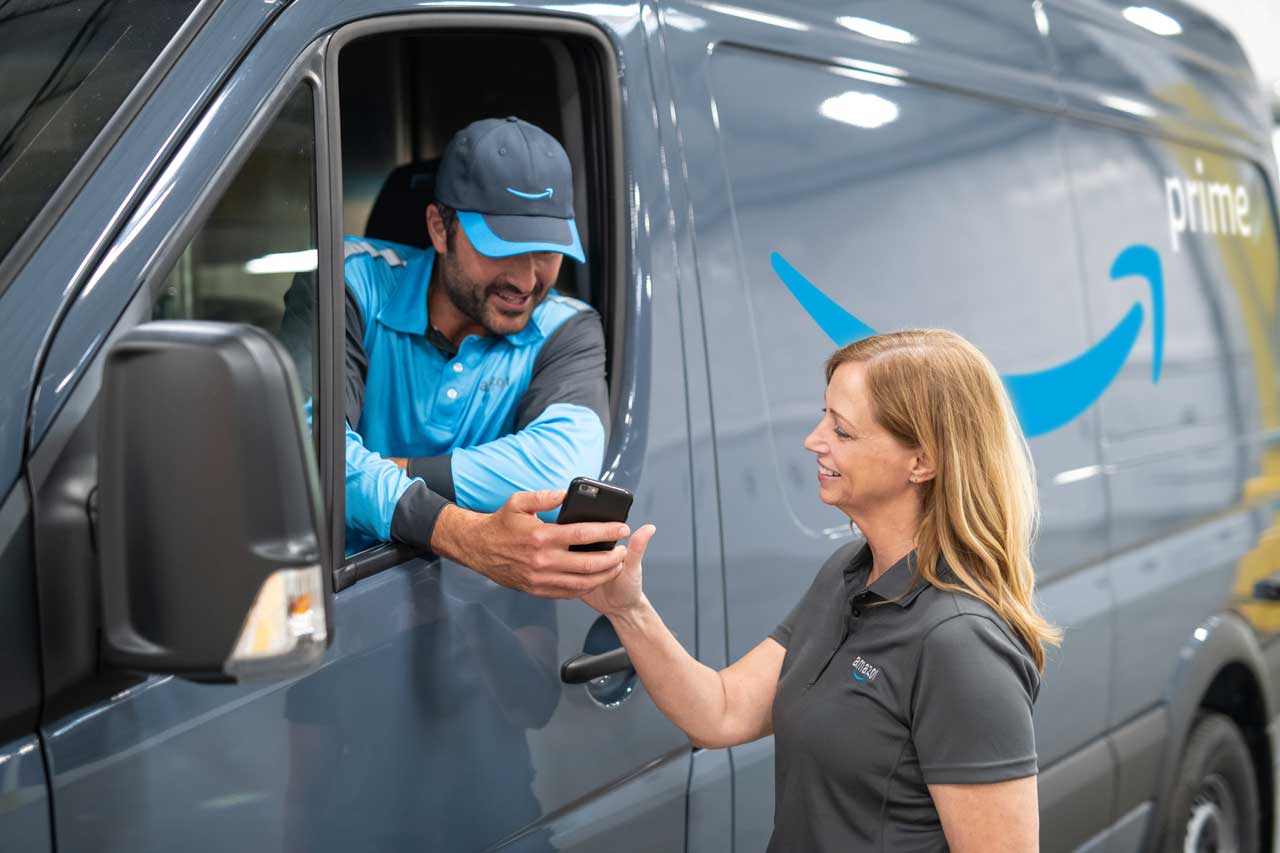
Sign up for smart news, insights, and analysis on the biggest financial stories of the day.
More food. In its unending quest to conquer everything, Amazon on Monday announced a new food brand, dubbed Aplenty.
The line has actually already been in operation for months, with snacks like pita chips, crackers and cookies available for purchase on the company’s massive online marketplace, but their mysterious origins were shrouded in secret… until now. It will quickly grow to hundreds of items including condiments and frozen food in the next year, and hit shelves at Amazon’s Fresh grocery stores.
Another Home Vertical
As if Amazon couldn’t have a bigger footprint in your life, now it’s eyeing a full scale grocery takeover. Its biggest move, of course, was buying Whole Foods. But the pandemic re-calibrated the way we see brick-and-mortar stores.
- Online grocery sales soared 52% in 2020, according to JLL’s Grocery Tracker 2021 report.
- This year Amazon’s online delivery grocery business will grow its market share more than any other retailer in America, adding an extra $5.8 billion in revenue, according to business analytics firm Edge Ascential.
As for how a private label fits into the equation, they have long been a way of running up profits for grocers because they’re cheaper than name brands. Kroger made $26 billion from its private labels in 2020, and is readying its own Home Chef ready-to-eat meal pilot. Target is launching another food brand in April and the 10 brands it currently owns made $1 billion in sales last year.
Eating Up the Market: Online grocery sales grew from 3.4% to 10.2%, or $106 billion, of the market last year, according to research firm Incisiv. By 2025, that is expected to grow to 21% of total grocery sales, or an estimated $250 billion.
Amazon, meanwhile, gets to have it both ways. It remains invested in brick-and-mortar groceries through Whole Foods and is a growing delivery giant. The Aplenty brand gives it another wedge in the supply chain.
the takeaway
At least as far as breakfast goes, Amazon CEO Jeff Bezos said he avoids “fatty convenience foods.”
